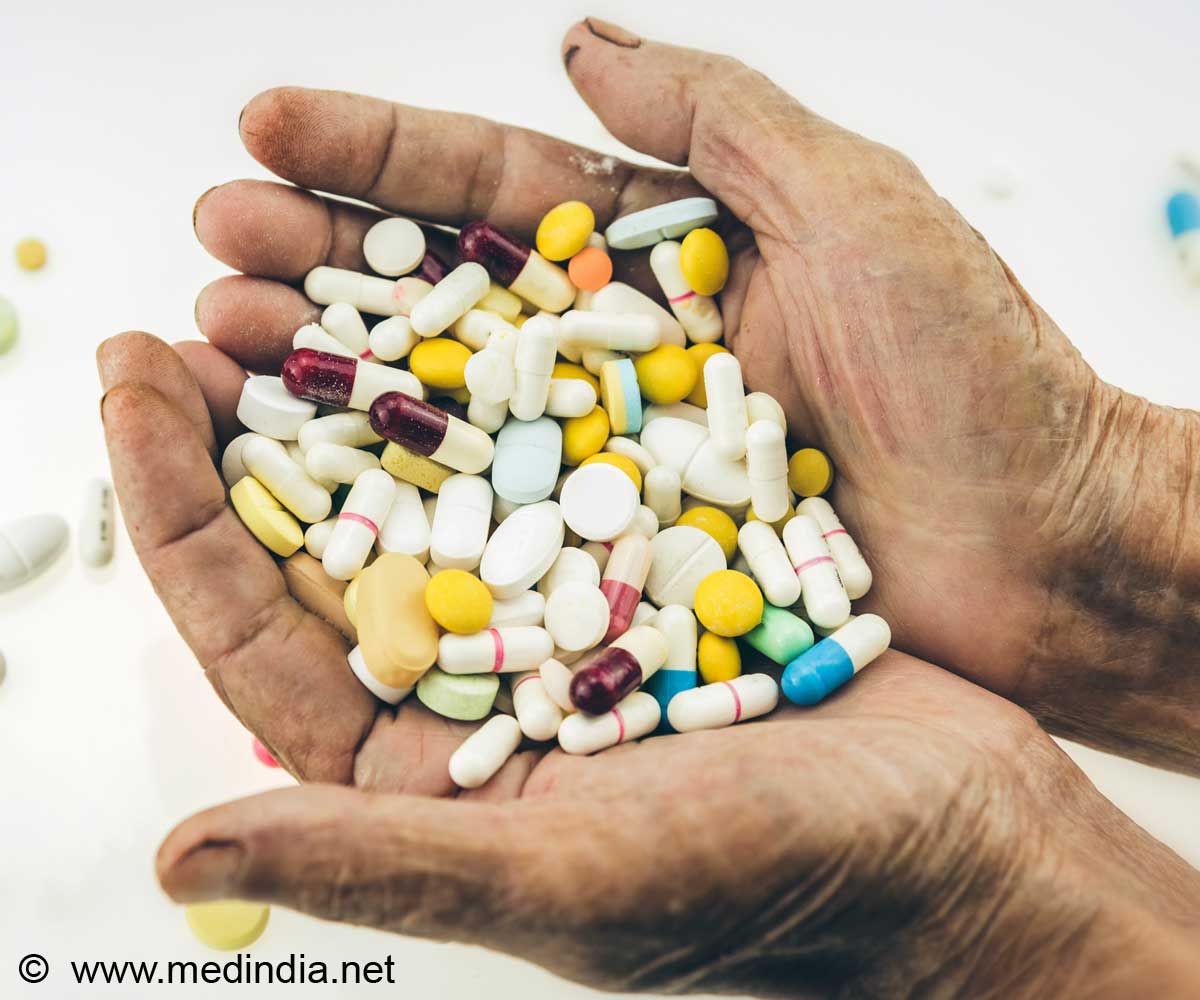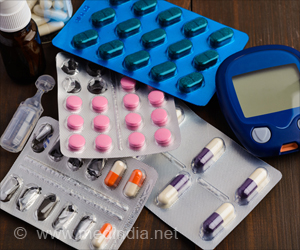Diabetes increases the risk of heart disease, leading to higher chances of heart attacks, strokes, and more.

Oral Semaglutide and Cardiovascular Outcomes in High-Risk Type 2 Diabetes
Go to source). A recent clinical trial, led by UNC School of Medicine researchers Dr. John Buse and Dr. Matthew Cavender, found that the oral form of semaglutide significantly reduces the risk of cardiovascular events in individuals with type 2 diabetes, heart conditions, or chronic kidney disease.
‘Both the injectable and oral forms of semaglutide, a glucagon-like peptide-1 receptor agonist, have gained recent attention for their effectiveness against weight gain’





Semaglutide: A Key Advance in Diabetes Care
“Heart attacks and strokes are among the most common and devastating complications of diabetes,” said Buse, who is the Verne S. Caviness Distinguished Professor of Medicine and Director of the UNC Diabetes Care Center. “Semaglutide has been a main stay of our efforts to reduce heart attack and stroke in people with diabetes. Having an oral option to deliver this highly effective therapy is a big advance.”Results from the rather large, international trial were published in the New England Journal of Medicine and presented at the American College of Cardiology's Annual Scientific Session & Expo in Chicago, Illinois.
Type 2 diabetes is a progressive disease that affects one’s ability to control blood sugar levels.
People with the condition need to closely monitor their diet and activity and may need to take medications as their blood sugar becomes more difficult to manage. Those with type 2 diabetes are at a significantly higher risk of cardiovascular disease because they may develop high blood pressure, high cholesterol, or both, as a result of uncontrolled blood sugar.
Glucagon-like peptide-1 (GLP-1) receptor agonists, such as semaglutide, have shown much potential for lowering blood sugar, but little is known about whether the oral form of semaglutide actually decreases major cardiovascular events, such as heart attacks and stroke.
Advertisement
Participants were divided into a placebo group (no medication) and a drug group to see if those taking oral semaglutide were more or less likely to experience major cardiac events. Both groups were given standard-of-care glucose-lowering and cardiovascular risk-reducing therapies according to local guidelines. Those in the medication group took a once-daily 14mg dose of oral semaglutide.
The effect of oral semaglutide on cardiovascular outcomes was consistent with other clinical trials involving injectable semaglutide, but more trials are needed to determine if one method may be more effective than the other at reducing major cardiovascular events.
Reference:
- Oral Semaglutide and Cardiovascular Outcomes in High-Risk Type 2 Diabetes - (https://www.nejm.org/doi/10.1056/NEJMoa2501006)
Source-Eurekalert















